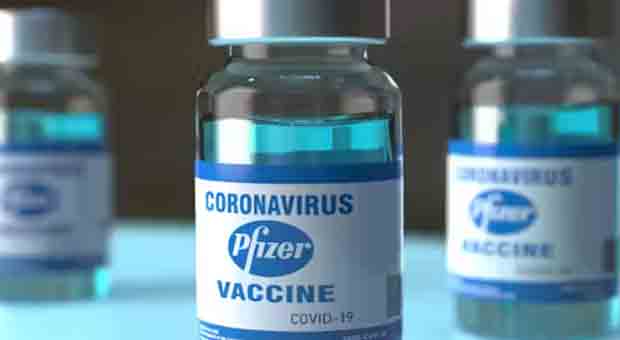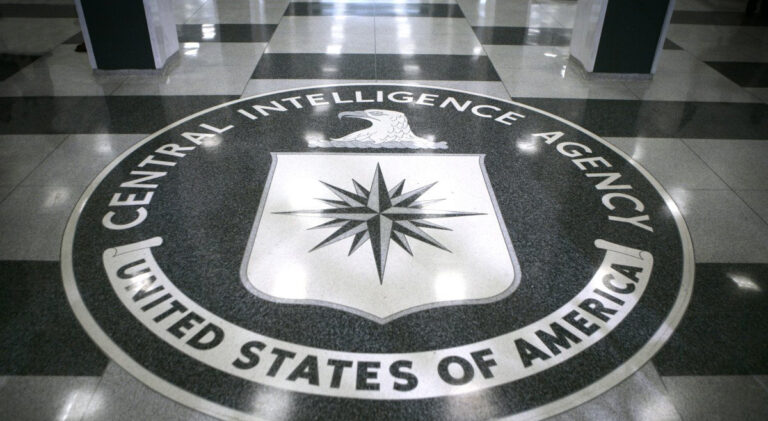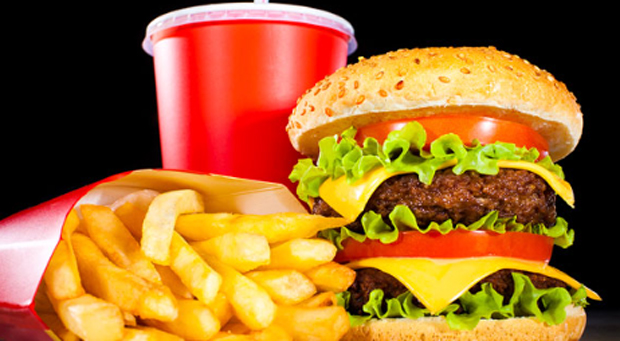The collapse of the Francis Scott Key Bridge in Baltimore is set to have an enormous impact on U.S. supply chains, adding weight to claims it was not an “accident,” but a strategically targeted attack against America by state actors.
Whether or not the collision was a freak “accident,” one thing is for sure: it will place a tremendous amount of strain on supply chains.
The port of Baltimore will now be “out of commission indefinitely.”
Bloomberg reports:
The Port of Baltimore — the biggest handler of U.S. imports and exports of cars and light trucks — looks to be out of commission indefinitely. The resulting bottleneck could accelerate a shift of goods through West Coast ports. Another crucial question: Which other ports have spare capacity to handle the Ro-Ro vessels that carry automobiles if Baltimore is closed for an extended period.
The closure of the port is a very big deal, considering that 750,000 vehicles came through that port last year alone.
According to data from the Maryland Port Administration, the port is the busiest in the U.S. for car shipments, handling more than 750,000 vehicles in 2023. It is also the largest U.S. port by volume for handling farm and construction machinery and agricultural products.
There is also lots of major retailers dependent on the Port of Baltimore.
Retailers like Home Depot, Bob’s Furniture, IKEA, and Amazon are just some of the companies that use the port to import goods. Other top imports include sugar and gypsum.
Richard Meade, editor-in-chief of the shipping journal Lloyd’s List, said:
“This will have an impact for trade all along the East Coast and it will continue until we know how quickly.”
“There will be dozens of diversions in the next week and hundreds in the coming months as long as Baltimore is shut down.”
As Lara Logan noted, that section of I-695 was the “second busiest strategic roadway in the nation for hazardous material.”
“Second busiest strategic roadway in the nation for hazardous material now down for 4-5 years – which is how long they say it will take to recover.”
“Bridge was built specifically to move hazardous material – fuel, diesel, propane gas, nitrogen, highly flammable materials, chemicals and oversized cargo that cannot fit in the tunnels – that supply chain now crippled.”
“The I-94 corridor on the Eastern Seaboard is literally what connects the North and South. And when I talk about hazardous materials, this is a brilliant, well-planned strategic attack on one of the most important supply chains in the United States of America. The only other one is in the Western side in California. That’s the only one that’s busier. And what you have done, you now have shut it down,” Logan said.
“And When I talk about hazardous materials, what are we talking about here? This is refined fuels, right? This is propane gas. This is diesel. This is fuel. This is flammable materials. This is oversized loads, nitrogen, chemicals. Everything that you need for your economy to move has literally just been shut down for 4-5 years.”
Janet Yellen said the Biden administration “will do everything as quickly as we possibly can” to reopen the Port of Baltimore, Reuters reported.
“We are trying to evaluate now what the impact may be of the bridge collapse,” Yellen said, adding that the supply chain task force, set up to ease COVID-19-era port blockages that contributed to inflation, would meet to review the latest information on the Baltimore port situation.
“We’re monitoring this very closely and prepared to take any steps that can be helpful.”











